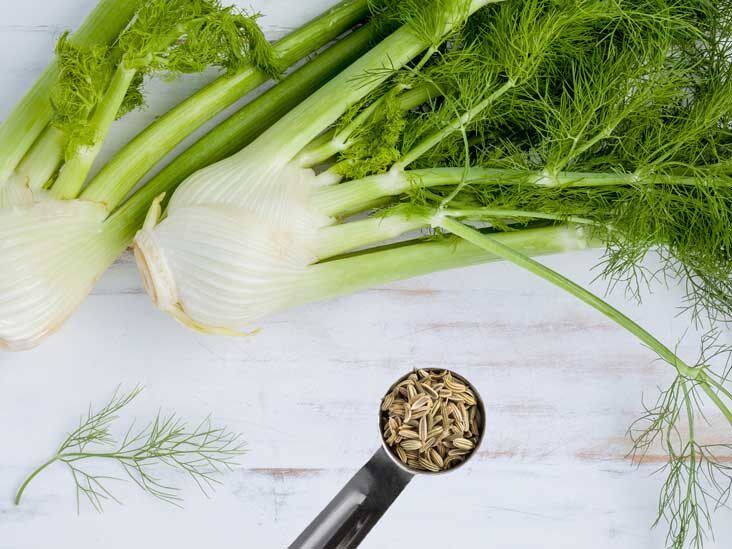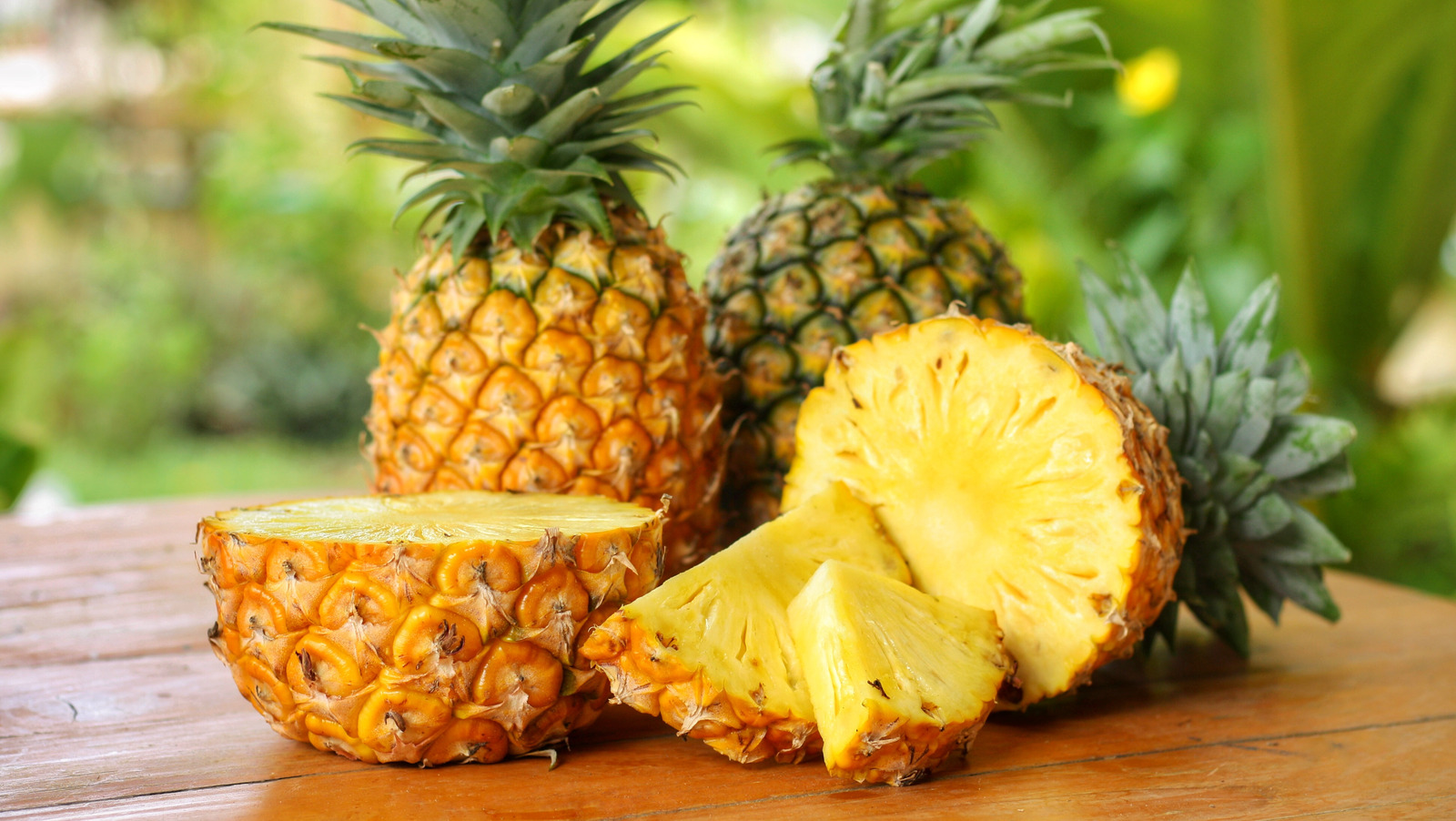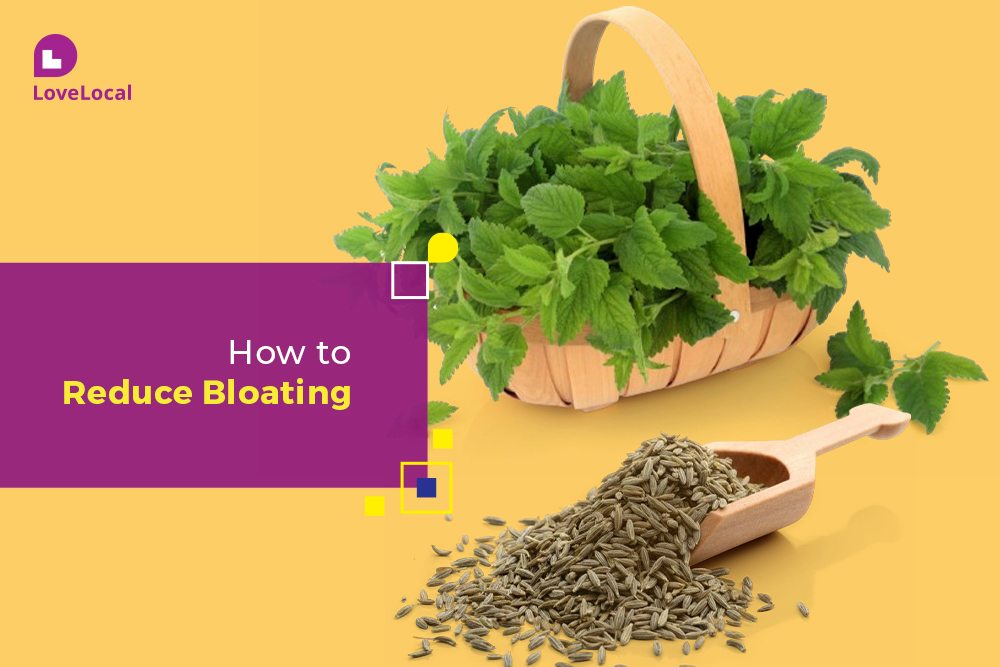Bloating is a common and often uncomfortable sensation that many people experience. Whether it’s caused by overindulging, digestive issues, or other factors, bloating can leave you feeling sluggish and self-conscious. Fortunately, there are various natural strategies you can incorporate into your lifestyle to reduce bloating and promote a healthier, more comfortable digestive system.

Understanding Bloating:
Before we delve into the solutions, it’s crucial to understand the common causes of bloating. Bloating often occurs when excess gas builds up in the digestive system, leading to a feeling of fullness, discomfort, and distention. Common triggers include:
- Overeating: Consuming large meals can overwhelm your digestive system, leading to bloating.
- Gas-producing foods: Certain foods, such as beans, broccoli, and carbonated drinks, can contribute to gas formation.
- Digestive disorders: Conditions like irritable bowel syndrome (IBS), lactose intolerance, and celiac disease can cause chronic bloating.
- Swallowing air: Eating or drinking too quickly, using straws, or chewing gum can introduce excess air into your system.
Now, let’s explore practical and natural ways to reduce bloating and promote digestive well-being.
1. Mindful Eating:
Eat Smaller Meals:
In its place of large meals, try eating smaller, more frequent meals during the day. This can help prevent overloading your digestive system.
Chew Your Food:
One of the simplest yet most effective ways to reduce bloating is to practice mindful eating. Slow down, savor each bite, and pay consideration to your body’s hunger and fullness cues. By chewing your food thoroughly and taking your time, you can help prevent overeating and minimize the risk of bloating.
2. Stay Hydrated:
Proper hydration is essential for a healthy digestive system. Drinking an adequate amount of water helps move food through your digestive tract and prevents constipation, a common contributor to reduce bloating. Aim to drink at least eight glasses of water a day and limit the consumption of dehydrating beverages like caffeinated and alcoholic drinks.
3. Incorporate Probiotics:
Probiotics are beneficial bacteria that care a healthy gut microbiome. They can help regulate digestion, reduce gas production, and alleviate bloating. Include probiotic-rich foods in your diet, such as yogurt, kefir, sauerkraut, and kimchi. Additionally, you may consider taking a high-quality probiotic supplement to promote a balanced gut flora.
4. Identify Food Sensitivities:
Certain individuals may be sensitive to specific foods, leading to digestive discomfort and bloating. Keep a food diary to track your meals and note any correlations between certain foods and bloating. Common culprits include dairy, gluten, and artificial sweeteners. If you suspect a particular food is causing issues, try eliminating it from your diet for a few weeks and observe any changes.
5. Reduce Sodium Intake:
Excessive sodium intake can contribute to water retention, leading to bloating. Processed foods and restaurant meals often contain high levels of sodium. Opt for fresh, whole foods and use herbs and spices for flavoring instead of salt. Be mindful of hidden sources of sodium in condiments and pre-packaged snacks.
6. Exercise Regularly:
Regular physical activity can promote healthy digestion and reduce bloating. Exercise helps stimulate bowel movements and prevent constipation. Aim for at least 30 minutes of moderate-intensity workout most days of the week. Activities like walking, jogging, and yoga can be particularly beneficial for digestive health.
7. Herbal Teas:
Certain herbal teas have properties that can help reduce bloating and promote digestive comfort. Peppermint tea, for example, has been shown to relax the muscles of the gastrointestinal tract and reduce bloating symptoms. Ginger tea is another excellent option, as ginger has anti-inflammatory and digestive benefits.
8. Limit Gas-Producing Foods:
Certain foods are known to produce excess gas in the digestive system, contributing to bloating. Common culprits include beans, lentils, cruciferous vegetables (broccoli, cabbage, cauliflower), and carbonated beverages. While these foods are nutritious, consider moderating your intake or trying different cooking methods to make them more digestible.
9. Reduce Stress:
Chronic stress can affect gut health. Practice stress-reducing activities such as meditation, yoga, deep breathing workouts, or any other relaxation practices.
10. Limit Artificial Sweeteners:
Some artificial sweeteners, like sorbitol and mannitol, can cause bloating and gas. Be mindful of your intake of sugar substitutes.
Foods that prevent gas and Reduce bloating:
1. Ginger:

Known for its anti-inflammatory properties, ginger can help soothe the digestive system and reduce stomach bloat.
2. Peppermint:

Peppermint, in the form of tea or oil, may help relax the muscles of the gastrointestinal tract, reduce gas and bloating.
3. Fennel:

Fennel seeds or tea foods to reduce bloating that have been traditionally used to ease digestive issues, including bloating.
4. Yogurt with Probiotics:
:max_bytes(150000):strip_icc()/health-benefits-of-greek-yogurt-GettyImages-1197663691-801c5bf616774d0398351f7fbf36badb.jpg)
Yogurt containing live probiotic cultures can promote a healthy balance of gut bacteria, potentially reducing bloating.
5. Pineapple:

Contains bromelain, an enzyme that may aid digestion and lower belly bloat.
6. Cucumber:

Cucumbers are foods to stop bloating that have a high-water content and may help with hydration and overall digestive health.
7. Bananas:

Easily digestible and rich in potassium, bananas may help regulate fluid balance and reduce bloating fast.
8. Papaya:
Contains papain, an enzyme that aids in the digestion of proteins and may reduce bloating.
9. Asparagus:

Asparagus is a natural diuretic and may help reduce water retention and get rid of bloat.
10. Probiotic-Rich Foods:

Include fermented foods like sauerkraut, kimchi, and kefir in your diet to support a healthy gut microbiome.
Conclusion:
Banishing bloating requires a holistic approach that combines mindful eating, hydration, a balanced diet, and lifestyle habits that support digestive health. By incorporating these natural strategies into your routine, you can reduce bloating, promote a healthier gut, and enjoy improved overall well-being. Listen to your body, make gradual changes, and consult with a healthcare professional if persistent bloating persists or is accompanied by other concerning symptoms. Remember, a happy digestive system is key to feeling your best every day. Stop thinking about how to get rid of bloating? how to stop bloating? how to reduce bloating immediately? Instead buy Foods that prevent gas and bloating from the LoveLocal and keep your gut health strong.
Cruciferous Vegetables: Broccoli, cabbage, Brussels sprouts, and cauliflower can produce gas.
Beans and Lentils: These legumes contain complex carbohydrates that may cause gas and bloating.
Carbonated Drinks: Fizzy beverages can introduce extra gas into the digestive system.
Artificial Sweeteners: Sorbitol, mannitol, and xylitol are examples that can cause bloating.
Processed Foods: Many processed foods contain additives and preservatives that may contribute to bloating.
Burping: Allow yourself to burp, which helps release gas from the stomach.
Passing Gas: Passing gas through the rectum is a natural way to release excess gas.
Gentle Movement: Engage in gentle physical activity, such as walking, to stimulate the digestive system and encourage gas to move through.
Ginger: Ginger has anti-inflammatory properties that may help reduce bloating.
Peppermint: Peppermint oil can relax the muscles of the gastrointestinal tract and ease gas symptoms.
Papaya: Contains enzymes that aid digestion and may reduce gas.
Fennel: Fennel seeds or tea may help alleviate bloating and gas.
Pineapple: Contains bromelain, an enzyme that aids digestion.
White rice is generally well-tolerated and less likely to cause bloating compared to certain high-fiber foods. However, individual responses vary, and some people may still experience bloating from rice. Brown rice, with its higher fiber content, might cause bloating in some individuals more than white rice.
Yogurt or curd containing live probiotic cultures can be beneficial for gut health and may help reduce gas for some people. Probiotics promote a healthy balance of bacteria in the digestive system. However, individuals with lactose intolerance may experience gas and bloating from dairy products, including curd. If you are lactose intolerant, consider lactose-free or probiotic-rich non-dairy alternatives.



